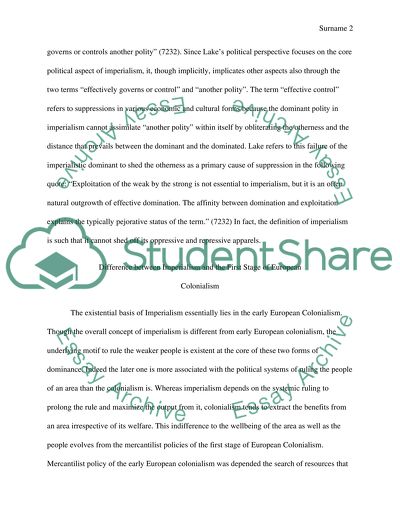Cite this document
(Imperialism Report Example | Topics and Well Written Essays - 1500 words, n.d.)
Imperialism Report Example | Topics and Well Written Essays - 1500 words. https://studentshare.org/politics/1572659-imperialism
Imperialism Report Example | Topics and Well Written Essays - 1500 words. https://studentshare.org/politics/1572659-imperialism
(Imperialism Report Example | Topics and Well Written Essays - 1500 Words)
Imperialism Report Example | Topics and Well Written Essays - 1500 Words. https://studentshare.org/politics/1572659-imperialism.
Imperialism Report Example | Topics and Well Written Essays - 1500 Words. https://studentshare.org/politics/1572659-imperialism.
“Imperialism Report Example | Topics and Well Written Essays - 1500 Words”. https://studentshare.org/politics/1572659-imperialism.


